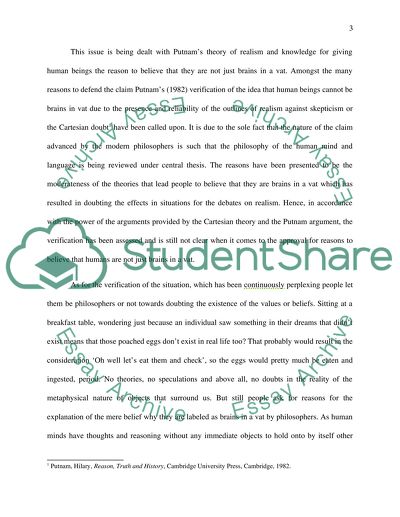Cite this document
(“Elucidation and Verification of the Brain In a Vat Philosophy: Are We Essay”, n.d.)
Elucidation and Verification of the Brain In a Vat Philosophy: Are We Essay. Retrieved from https://studentshare.org/philosophy/1443970-does-any-argument-give-me-good-reason-to-believe
Elucidation and Verification of the Brain In a Vat Philosophy: Are We Essay. Retrieved from https://studentshare.org/philosophy/1443970-does-any-argument-give-me-good-reason-to-believe
(Elucidation and Verification of the Brain In a Vat Philosophy: Are We Essay)
Elucidation and Verification of the Brain In a Vat Philosophy: Are We Essay. https://studentshare.org/philosophy/1443970-does-any-argument-give-me-good-reason-to-believe.
Elucidation and Verification of the Brain In a Vat Philosophy: Are We Essay. https://studentshare.org/philosophy/1443970-does-any-argument-give-me-good-reason-to-believe.
“Elucidation and Verification of the Brain In a Vat Philosophy: Are We Essay”, n.d. https://studentshare.org/philosophy/1443970-does-any-argument-give-me-good-reason-to-believe.


